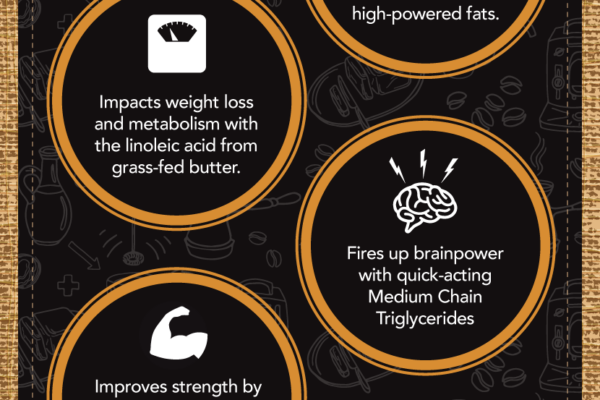Blog
How Does Coffee Effect Sleep?

Coffee may seem to have a few potential health hazards, but these fears haven’t proven accurate. On the contrary, studies have linked coffee consumption with lower rates of depression and Parkinson’s disease as well as reduced risks of type 2 diabetes and liver cancer.
An analysis published in Sleep Medicine Reviews examined how caffeine consumption impacts quality and duration of sleep. Researchers discovered that taking caffeine within 8 hours before bedtime led to reduced total sleeping time; however, no specific cut off point existed for when or how close to bedtime it is safe to have coffee (107 mg/250 mL) or preworkout supplements (217.5 mg).
Caffeine is a psychostimulant drug that interferes with sleep by binding to and blocking drowsiness-inducing neurotransmitter adenosine, and interfering with our ability to use naturally occurring sedative melatonin. At higher dosages, caffeine may cause anxiety or panic attacks; those suffering from mental health conditions should limit or opt for decaffeinated beverages to prevent exacerbating symptoms.
An average healthy individual is advised to drink up to three regular cups of coffee daily, preferably earlier in the day, as half of its caffeine is removed from your system with every hour after its ingestion – for instance if you start sipping coffee around noontime only about 1/4th remains by midnighttime!








